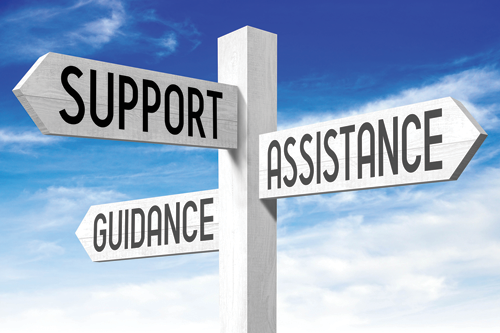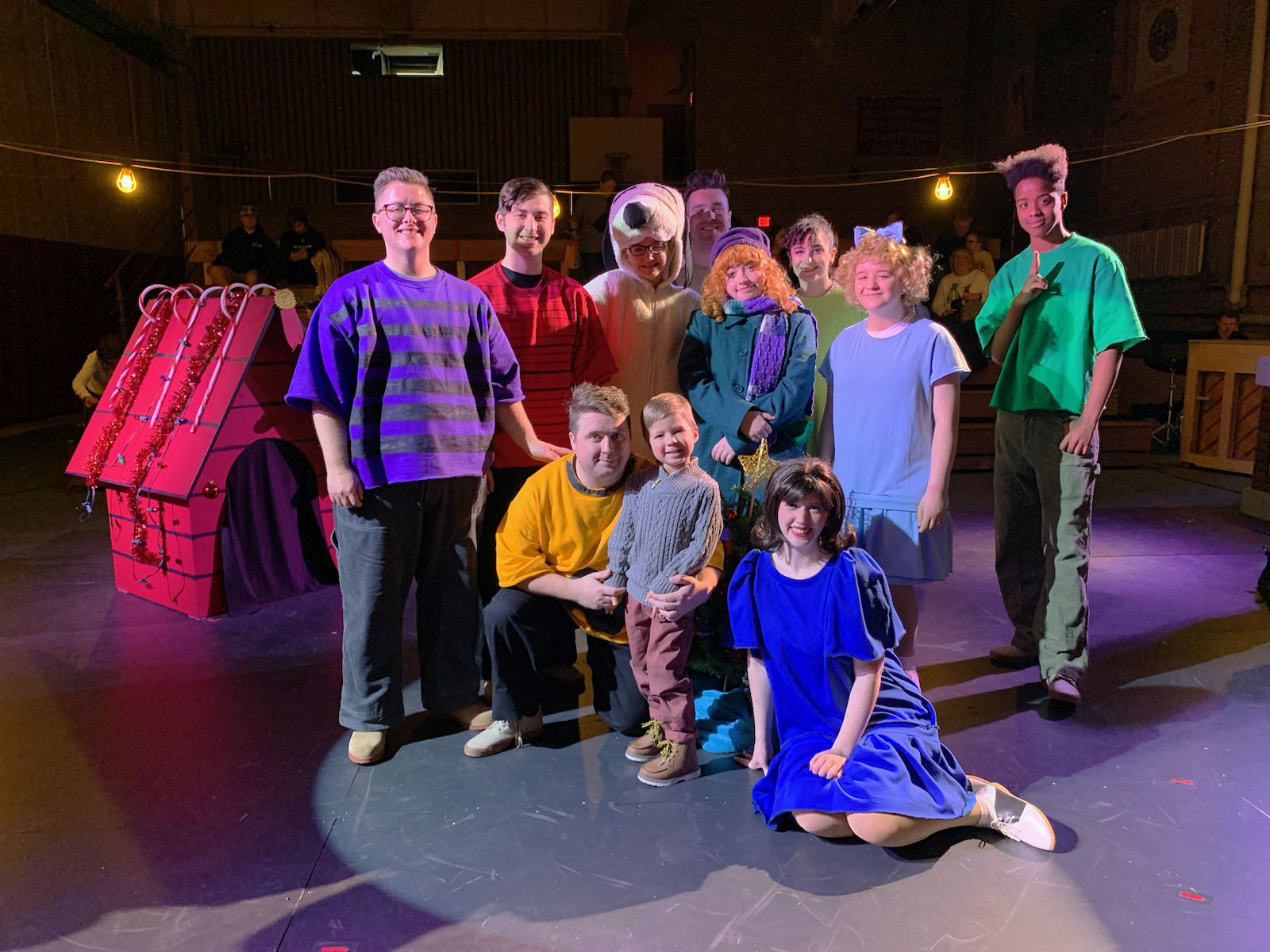Featured News - Current News - Archived News - News Categories
By Alice Gerard
Senior Contributing Writer
Youth mental health is in crisis, according to Surgeon General Vivek Murthy, who, in December 2021, stated that mental health challenges were leading to “devastating effects” for young people, according to a March 21, 2023, article in The New York Times.
One way in which school districts are responding to the increased needs for mental health services is to institute a program called Youth Mental Health First Aid.
“Hamburg Central School district has been running this program for the last seven years,” said John Fitzpatrick, Grand Island Central School District administrator on special assignment. “When we heard about it, of course, to benefit our students and staff, we wanted this program to help those who might be experiencing mental health challenges or even possibly going through a crisis.
“Individuals always go through obstacles throughout their entire lives, and how those obstacles present themselves is different in terms of challenges for a person's mental health. For everyone, it's different but, at the same time, I think what the pandemic did is it exposed the need for some support for our students, but also for adults in our community.”
To help students who may be going through a mental health crisis, everyone who works for the Grand Island Central School District is being trained in youth mental health first aid.
“The purpose of the program isn't to diagnose or treat someone who might be going through a challenge or crisis,” Fitzpatrick explained. “It's what the program calls giving someone a warm hand off to a person to handle the crisis or challenge, such as a psychologist, counselor or whoever would be able to handle that. It really, essentially, makes the person who goes through the training to become a first responder in mental health. Just as if it were a physical emergency, such as if a person got a cut on their hand, the first responder would come up and put a Band-Aid on it. Then, if it required treatment, they hand them off to someone who is qualified.
“Ultimately, what the program does in the training is that it gives everyone a common language to use, and it gives them essentially permission to ask questions that might help that person who is going through the crisis or the challenge to be seen, to be heard and to give them a voice so that they're able to articulate what it is that they actually mean. Then, the mental health person who's been trained will give them options and help them seek further support, if necessary.”
The program began in the spring of 2023 with a core group of 12, explained Cheryl Cardone, assistant superintendent for pupil personnel services. Their initial training was a two-hour virtual training, along with a three-hour in-person training given by faculty from the Hamburg Central School District. The purpose of that training, Cardone said, was for the core group to decide “if they were interested in moving forward (with the) train the trainer program. Then, all the administrators and directors were trained this summer at a retreat in Buffalo. Then, in September, that's when the core group went to a three-day, intensive train the trainer program.”
“What I like about this program is this program connects everyone on Grand Island,” Fitzpatrick said. “This training itself is (for) every employee of this school district, whether you're a bus driver, a cleaner or a custodian to a teacher, counselor, you name it. You are all being trained with the same language. This is the one program that unifies our entire school district and connects everyone to serving someone else. So, in a sense, everyone in this district has this training to become a first responder for everyone else. It's an entirely service-oriented training. It allows you not only to serve the people to work here, our students, but you can also use it for training at home. You can use the training in your life outside the school.”

Metro Creative Graphics
••••••••
Students are also starting to be more aware of mental health issues among their peers, Cardone explained.
“Often, we get alerts from kids and parents about kids who are struggling with mental health issues, substance issues, and things like that,” she said. “A lot of our kids do recognize some signs when they talk to their peers, and they have been really good about alerting our counselors and social workers with any possible troubles that they may be having. So, we do get a lot of reporting about mental health, from eating disorders to substance use to suicide ideation.”
Fitzpatrick said that, since the start of the pandemic, people – both adults and youth – have shown a greater willingness to discuss their mental health.
“I think, since the pandemic, school districts have noted the fact that our students are starting to come to us with a variety of mental health issues,” he said. “I am sure it's also coming from home. There's also been a lot of adult mental health issues since the pandemic, as well. But even at the local level, we're noticing that.”
“Our social workers in each of our buildings have done a really good job working with our entire student body to make sure kids are recognizing (issues). I can only highlight one thing. Well, of course, Family Support Services; but Jessica Hutchings, who works as a social worker part time in the middle school and part time with Family Support Services, has initiated a social emotional learning component in our WEB (Where Everybody Belongs) program. So, students who go through our WEB program in our middle school also get some training in social-emotional learning, as well.”
The training was “rolled out at the staff development day in November 2023,” Cardone said. “We've already trained 125 individuals in the district. Mostly, they were our support-related personnel, and on March 1, we are going to train another 125 of our teachers. We have small-group trainings that are taking place right now. Over the next couple of weeks, we will have 35 of those people trained. We hope to have a couple more small group trainings done before the end of this school year. So, all in all, we'll have 300 more people to train, which includes new hires, next year.
The process of training the school district’s entire staff is expected to take two years. After that, training sessions will be offered to people newly hired by the school district. In addition, Fitzpatrick explained, there is the possibility of a training program for youth.
“Youth Mental Health First Aid USA is developing a peer training program, peer-to-peer, to recognize signs among your peers, and that really hasn't been vetted yet. But it is in the works,” he said.
The initial costs for Youth Mental Health First Aid were covered by an American Rescue Act grant.
“That money is no longer available,” Cardone said. “Since they covered so much of it, the district will be picking up the rest of the costs. The cost for this year would be $10,000 with books, materials, etc.
“I think, next year, John has projected that it will be about 6,500 to $7,000. Not a lot of monetary investment for a program that's going to affect everyone in the Grand Island community.”





























